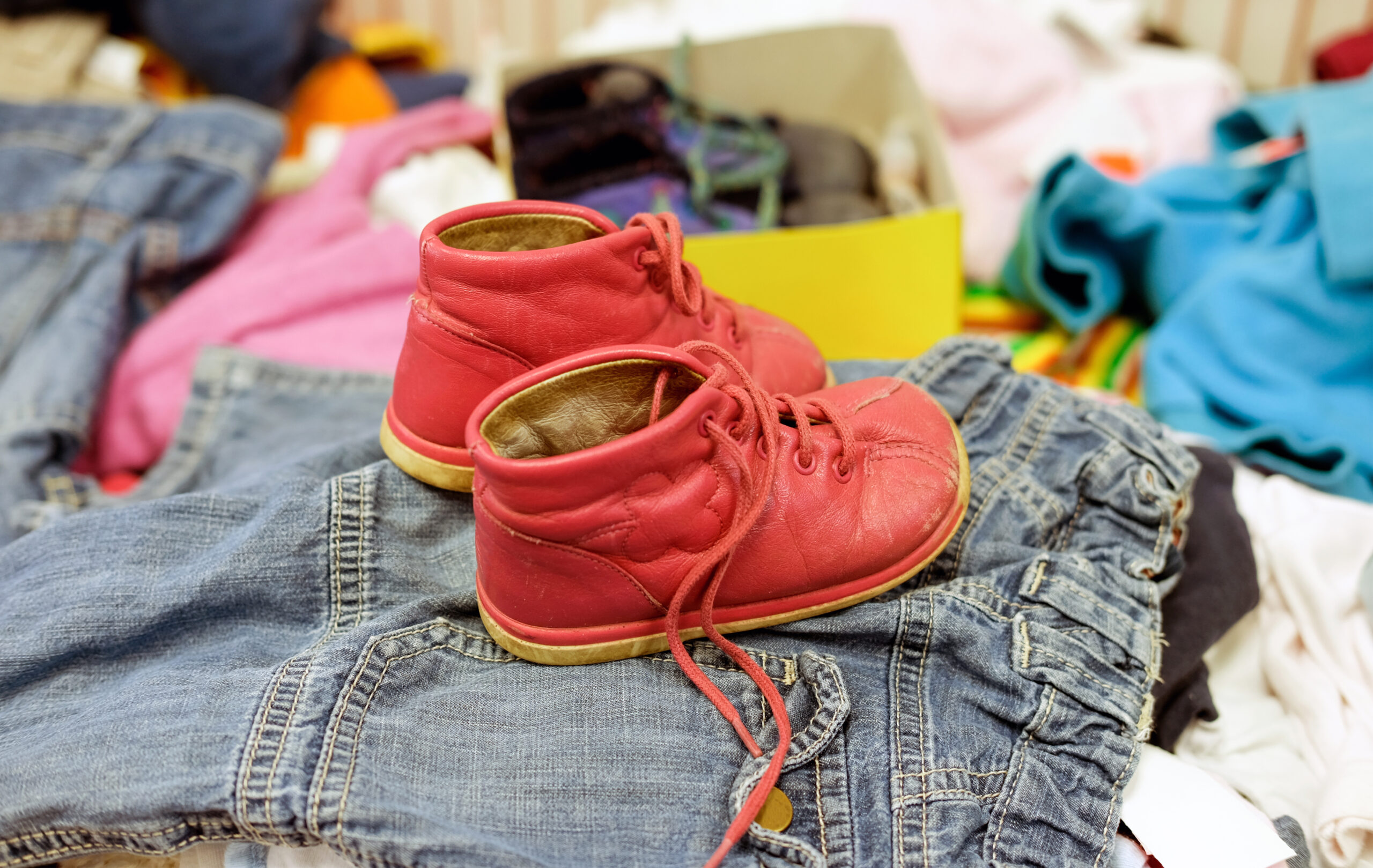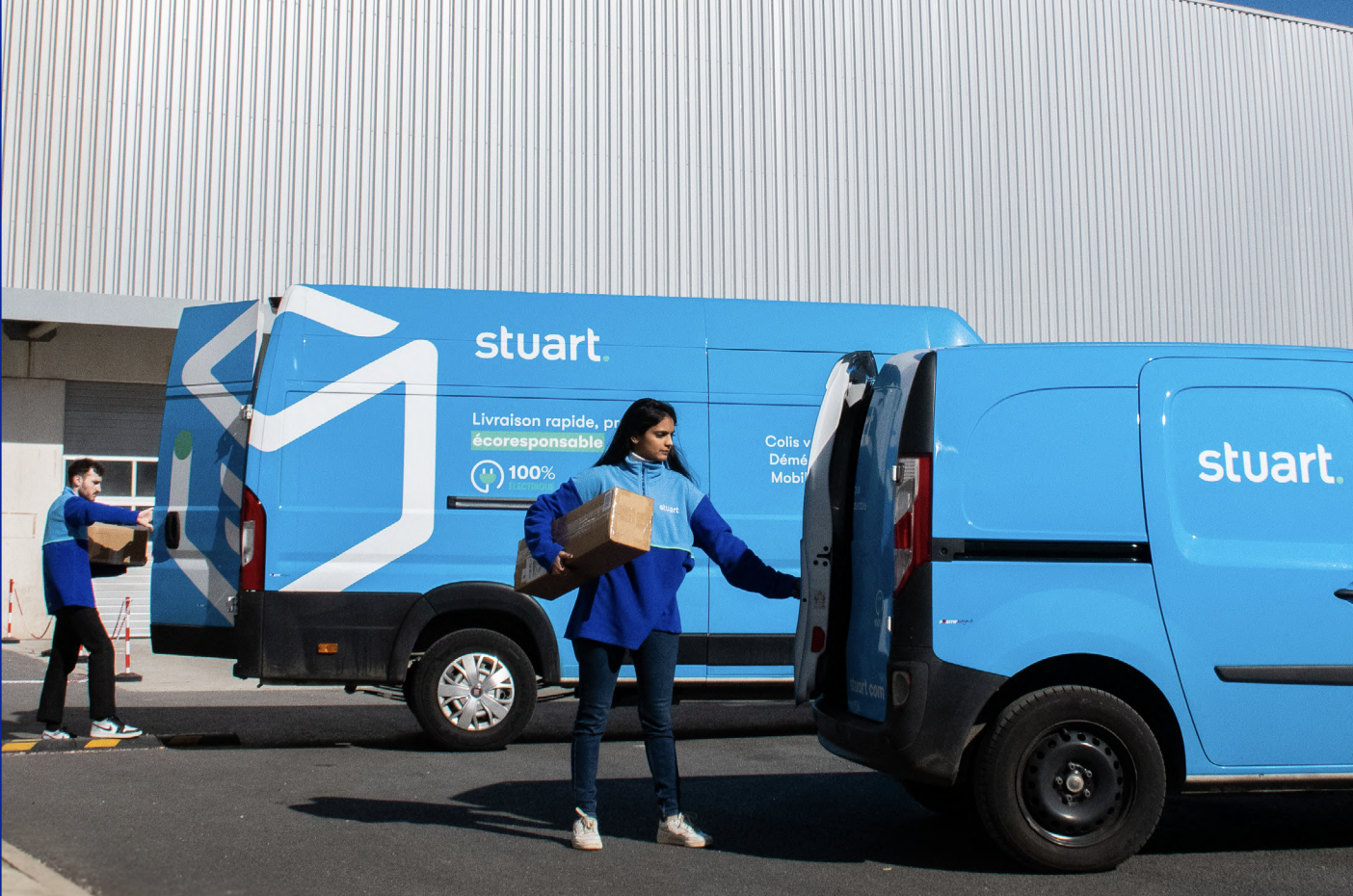Card Factory sees third-quarter sales starting to recover to pre-pandemic levels
Card Factory says its sales are continuing to recover from the effects of Covid-19 as shoppers “steadily” return to its stores. Its store sales still lag on pre-pandemic levels, while its online trading is well ahead. Shoppers are spending more per transaction, but spending less often.
The greetings cards and gifts retailer, ranked Top500 retailer in RXUK Top500 research, says online is trading in line with expectations – with a reduction in ecommerce sales at Card Factory offset by stronger sales from sister website Getting Personal. Both, it says, are trading ahead of pre-pandemic levels.
Like-for-like sales in the third quarter of the Card Factory financial year, to October 31, are now showing a “gradual improvement” in comparison with the same period in 2019. Store sales are 3% lower than they were on the two-year comparison with pre-pandemic trading. At the same time average basket values are higher than they were two years ago (+22.5% LFL), although the number of transactions remains a fifth lower (-20.9%) than they were two years ago.
Card Factory chief executive Darcy Willson‐Rymer says: “We continue to see improved performance of the business as customers steadily return to shopping in stores. This gives us confidence as we engage to realise the refreshed strategy and build our omnichannel offering.
“We look forward to the future and the continued implementation of our strategy. We are confident that the group is well placed to take advantage of the growth opportunities available to it.”
The retailer says it has made a strong start to hiring seasonal store staff and that its Christmas ranges are already selling well. It says a “relatively small proportion” of products sourced from the Far East are subject to “the widely reported supply chain delays”, and it says its contingency planning should ensure any delays to store deliveries are short-lived.
Net debt, typically at a high point following the pre-Christmas stock-up, stood at £108m at the end of the quarter, excluding £20.8m of deferred rents and VAT. That’s down from £142.5m a year earlier.










